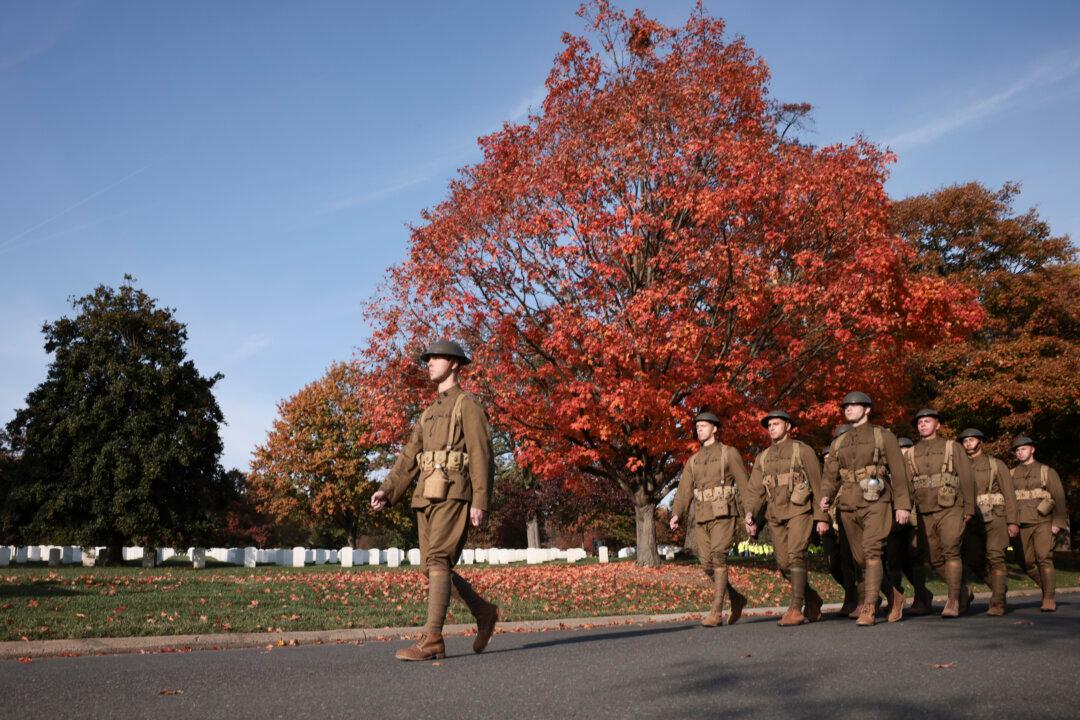Commentary
As the Afghanistan crisis unfolds, the emerging reports of suffering, violence, and brutality inflicted on the Afghan people at the hands of the Taliban are devastating. In Taliban-controlled Afghanistan, women in particular are in grave danger. As former President George W. Bush said, “I’m afraid Afghan women and girls are going to suffer unspeakable harm.”





